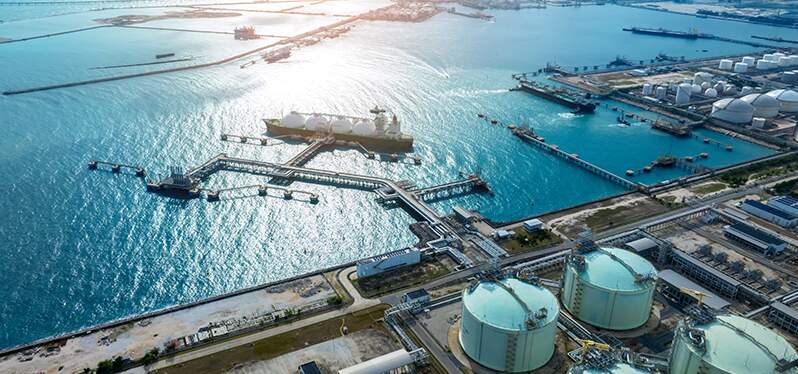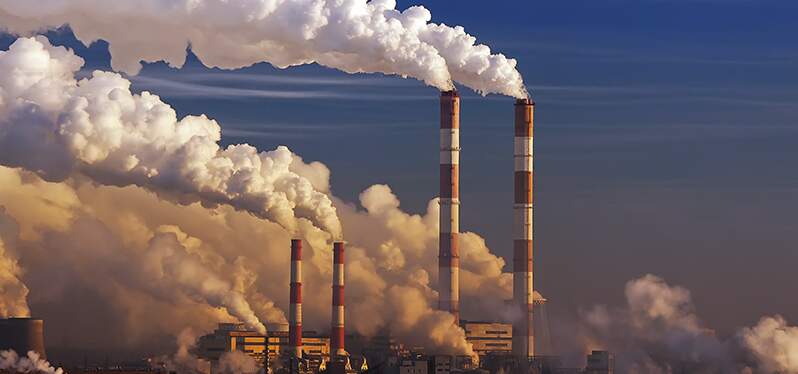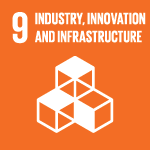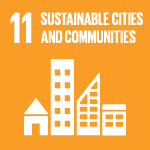Posted in: 08/14/2023
The problem of industrial pollution , faced by many countries around the world, is different in several ways.
In general, in developed countries , the pressures created by environmental assets (ie, traditional pollutant emissions from iron and steel, as well as metal and petrochemical manufacturing) have been growing slowly. On the other hand, problems such as soil contamination , with subsequent high treatment costs, have received increasing attention. In developing countries , environmental pressure – from traditional pollutants created by industry – is still very heavy.
For both, the growing technology-based industry has created new problems due to the use of concentrated toxic material in their production processes, causing – among countless possibilities – soil and water contamination.
Industry is a key component in the world and plays an important role in the economic well-being of society. In 2022, Brazilian industry accounted for 23.9% of GDP . The most recent data also show that the industrial sector accounts for 69.3% of Brazilian exports of goods and services, and for 66.4% of business investment in research and development.

At the same time, industrial activities are a source of pressure on the environment in the form of gas and waste emissions into the atmosphere and the ecosystem, generating waste and consumption of natural resources. Furthermore, the industry is a major contributor to the global burden of pollution .
Based on the OECD (Organization for Economic Co-operation and Development), industrial activities are responsible for about one-third of the global energy and water consumption of its member states. The relative contribution to the total pollution burden is greatest for the industrial sector, which generates both traditional pollutants (such as organic substances, sulfur dioxide, particulate matter and nutrients) and pollutants recently recognized as specific toxic substances , for example.
Knowing that the industrial sector includes several activities, as a result there is a wide range of different resources and environments impacted . Thus, industry has particular environmental responsibilities in terms of factors such as location and plant design , environmental pollution, vibration and noise controls , waste disposal, long-term planning , and aspects of occupational safety and health.
Specifically in Brazil, many companies have faced the problem of industrial pollution through compensation based on the reduction of their greenhouse gases , the GHGs. As a result, these companies have adhered to the Brazilian GHG Protocol Program for disclosing their emissions inventories.
This is the case of Synergia, which in 2023 prepared its first GHG inventory , in order to establish its baseline for comparing data with subsequent inventories and, thus, highlight its activities and projects to reduce emissions.

Globally, attention is needed to control industrial pollution . However, increasing efforts are being made to protect the environment, both in terms of reducing point emissions and managing risk during chemical use and hazardous waste handling.
Stricter emission standards and controls, new legislation and growing consumer demands for environmentally friendly products have promoted the implementation of environmentally friendly technologies as a way to provide advances through integrated pollution management strategies.
Text prepared by Adriano Angelotti,
Sustainability Analyst at Synergia Socioambiental


Sign up and receive our news.